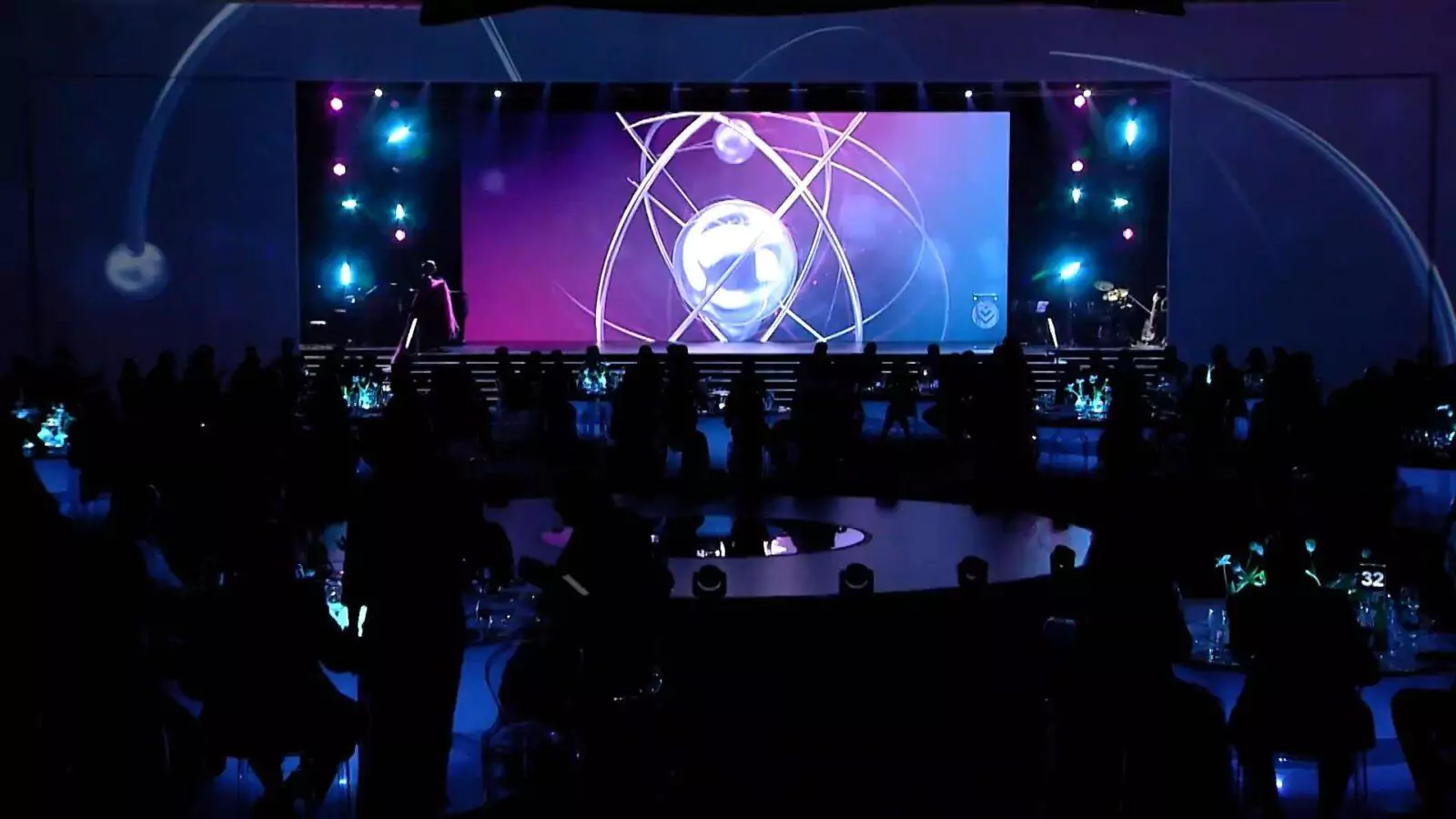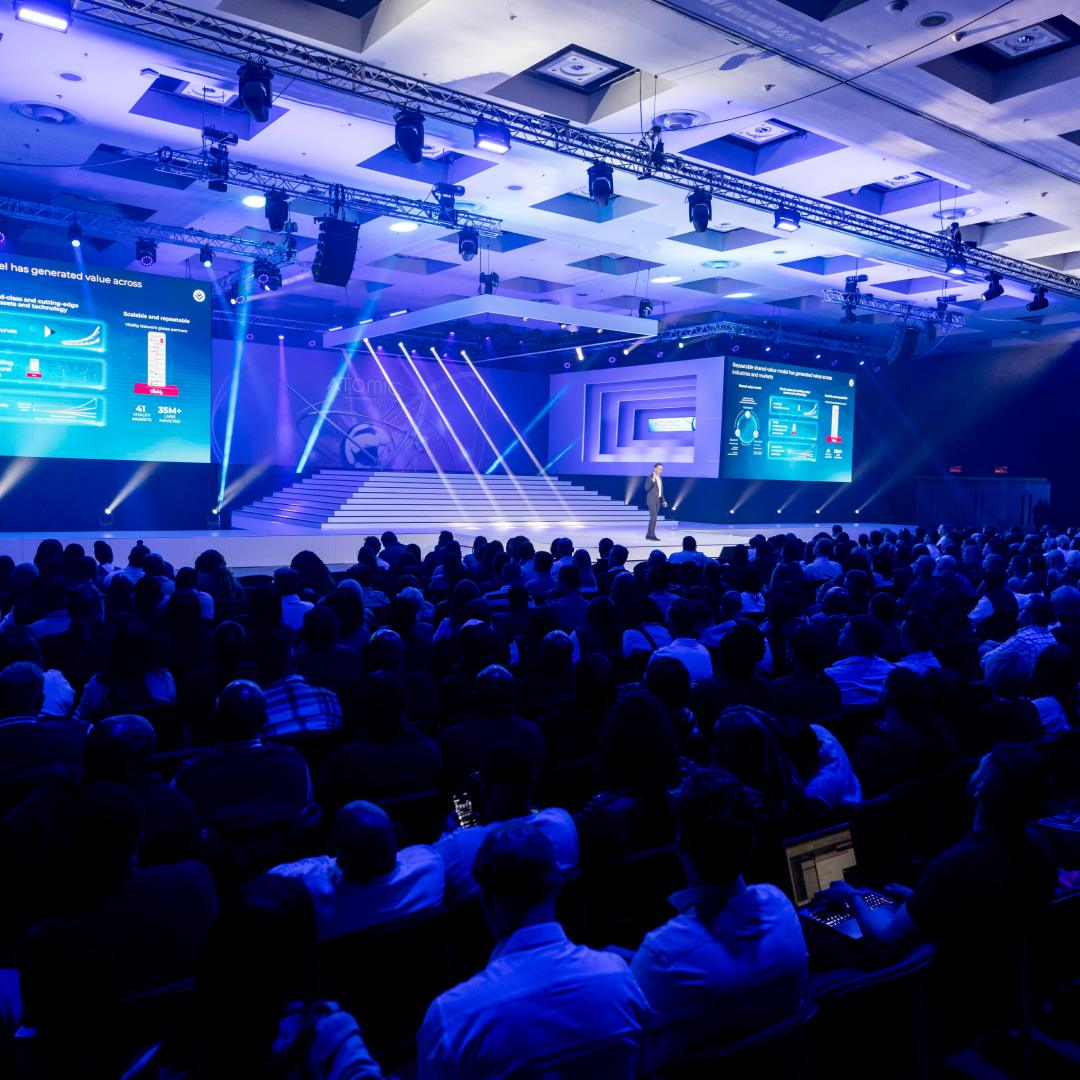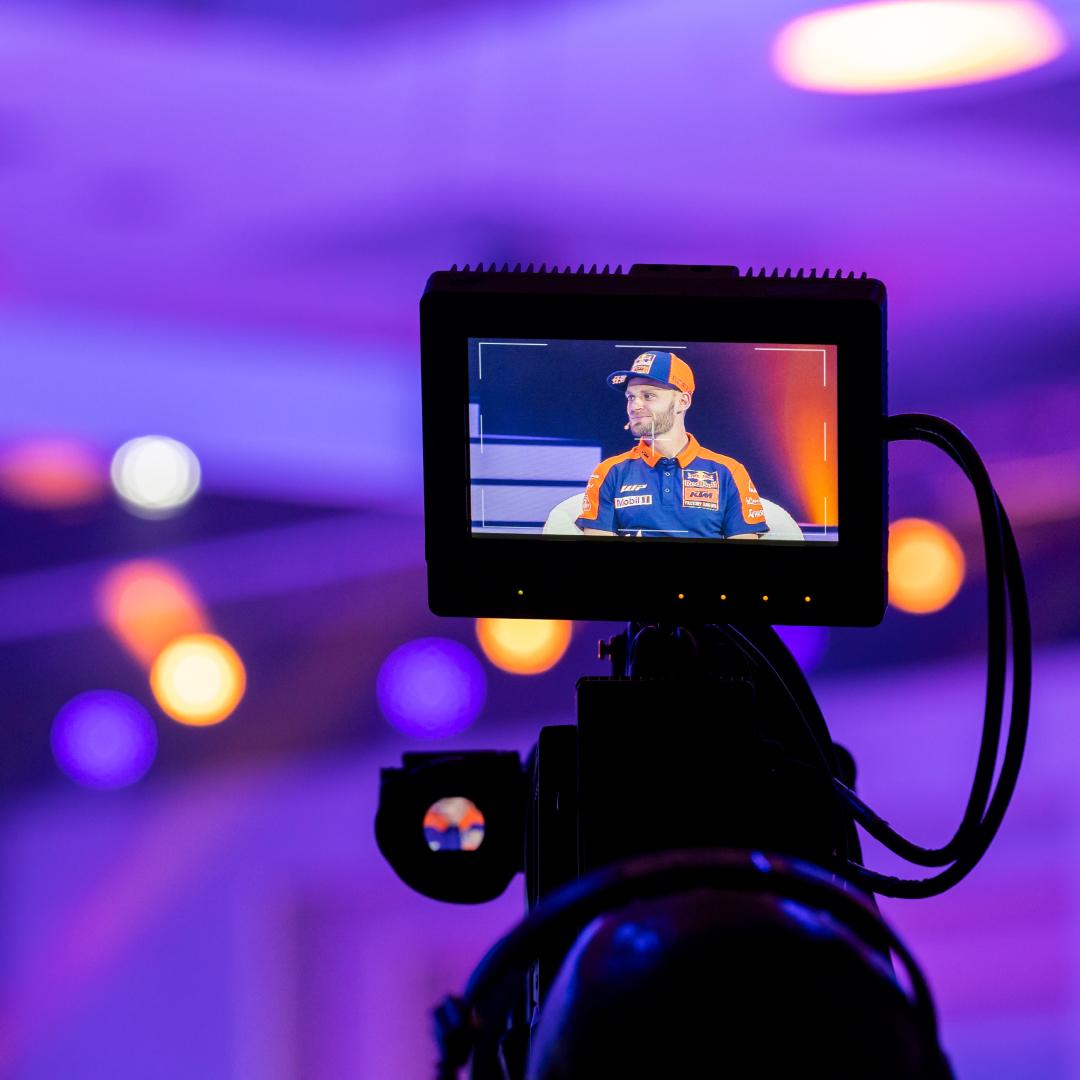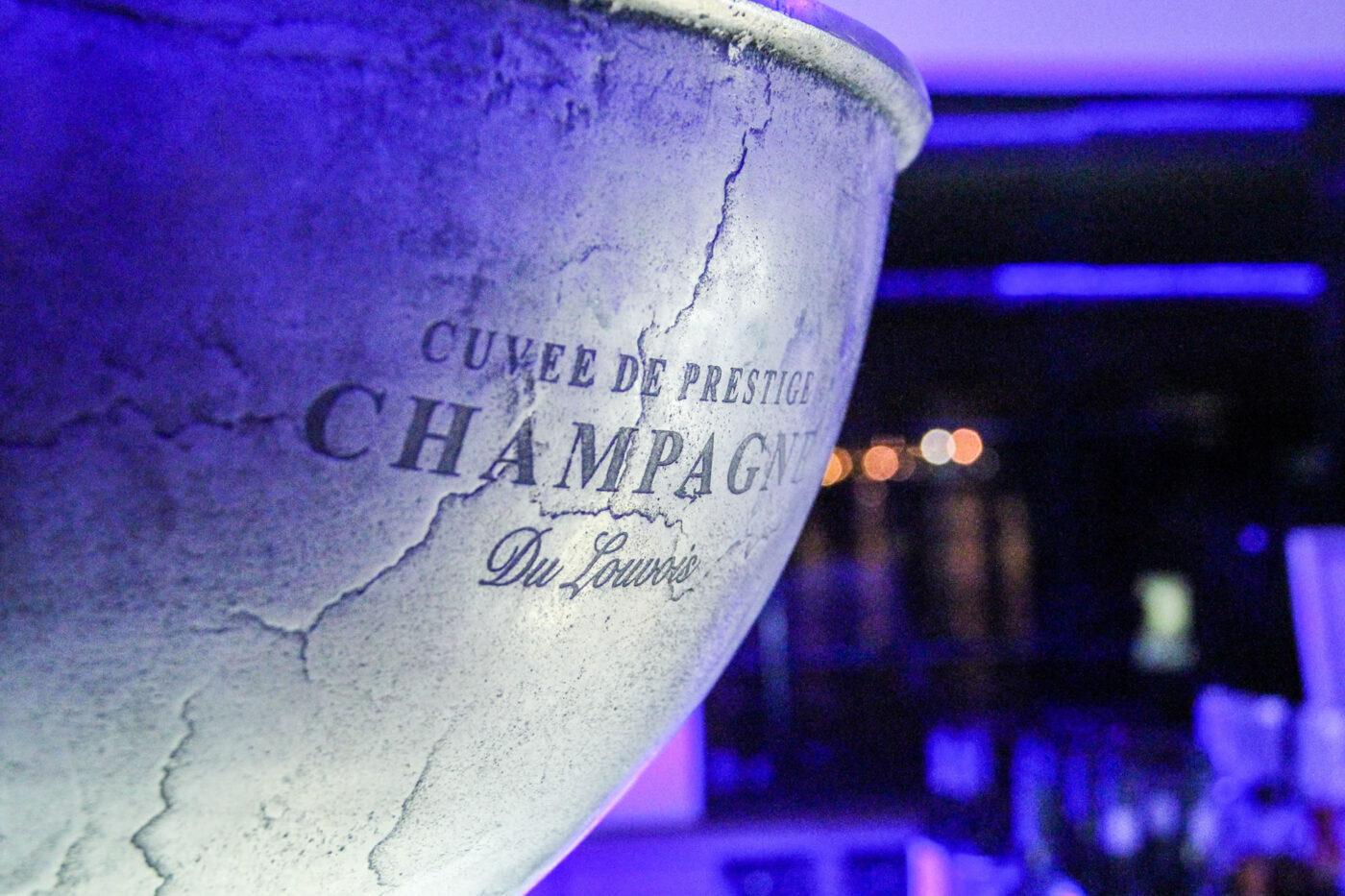
Event marketing strategies to boost registrations are not about shouting the loudest, but creating campaigns that make the right people stop, notice and take action. Registrations grow when your marketing feels intentional, relevant and engaging. Whether it’s a conference, awards event or product launch, the right plan turns an ordinary RSVP list into a sold-out crowd.
A strong marketing plan extends the life of an event. Campaigns that start months in advance build awareness, while post-event highlights keep your brand visible long after the last guest leaves. Search engines reward this steady content flow, and attendees see value in being part of something that feels bigger than a single day.
Social and digital promotion keep events visible
Globally, the tools of choice for event marketers aren’t surprising – but they’re evolving fast. Social media is used by 83% of marketers for promotion, followed by search at 67% and video at 66%. Consistency across these channels keeps events visible, builds anticipation and ensures campaigns stay connected to their audiences.
And while algorithms shift, consistency is still the winning play. Behind-the-scenes previews, short speaker videos and countdown posts each play a role. The point is to create a steady drumbeat that maintains interest until the day of the event.
Social campaigns can also benefit from SEO-driven practices. Event-specific hashtags, keywords in video captions, and links back to registration pages improve discoverability. Paid campaigns on LinkedIn or Meta reach precise segments by industry, job title or past attendance, turning broad awareness into qualified sign-ups.
Email remains an event marketing workhorse
According to Remo, email continues to be one of the strongest tools for boosting registrations, averaging an open rate of 32.55%. The difference lies in how it’s used. Personalised subject lines, segmented mailing lists and clear calls to action drive better engagement than generic blasts.
Well-structured campaigns, spaced out over weeks, build anticipation and keep your event top of mind.
Automation tools make this even more effective, sending reminders when someone abandons a registration form or targeting messages based on behaviour. A delegate who clicks on a keynote teaser but doesn’t register can receive a follow-up with speaker highlights. Data-backed nudges like these increase conversion without adding extra manual work.
Storytelling as an event marketing strategy
Delegates don’t sign up because an agenda looks busy, but because a story feels compelling. Position your event as the place where a challenge will be tackled, an insight revealed, or a future trend unpacked.
Promotional campaigns that tease a clear narrative create anticipation. It’s less about listing features and more about inviting people into a story they want to be part of.
And you can use storytelling across formats. Blogs, podcasts, speaker interviews and case studies build a consistent narrative around the event. Each content piece becomes another touchpoint, improving SEO visibility while drawing audiences deeper into the story.
Hybrid formats increase registrations
According to Kago Events, hybrid events have moved from temporary fixes to permanent fixtures. By combining in-person and virtual access, organisers extend reach and provide flexibility. Someone unable to travel can still join remotely, and international voices can contribute without leaving their desks.
Think of hybrid as the industry’s mini doughnut truck: adaptable, mobile and able to serve a wider audience.
They provide measurable data that strengthens future campaigns. Organisers track online engagement, from average watch times to poll responses, and compare it to in-person attendance. These insights make future strategies more precise. Hybrid also generates digital content that search engines index, which means recorded keynotes, panel transcripts, and highlight reels extend visibility long after the event itself.
Simplify the registration process
Marketing drives interest, but the sign-up flow locks it in. A complex or clumsy registration process is one of the fastest ways to lose a potential attendee.
Keep forms short, ensure mobile functionality and send instant confirmations. The easier the process, the more likely someone will complete it.
Modern registration platforms include features like auto-fill forms, integrated payment gateways and single sign-on options that make sign-ups faster and easier. Progress indicators reassure attendees by showing exactly how close they are to completion. Analytics that track where users abandon the form highlight friction points, giving organisers the chance to streamline the process before the next campaign.
Sell the event experience, not just the schedule
Marketing shouldn’t only highlight what will happen, but also emphasise what people will gain. Whether it’s practical knowledge, valuable contacts or inspiration, show how the experience will leave a lasting impact.
Registrations climb when attendees believe they’re securing something meaningful.
Experience-led marketing increases the chance of post-event advocacy. Attendees who feel they gained real value are more likely to provide testimonials, share posts during the event or recommend it to peers. These organic endorsements strengthen future campaigns and build authority for both audiences and search engines.
Market the details that matter
The small touches often get overlooked in campaigns, but can carry surprising weight. Comfortable lounges, appealing catering, or even spotless bathrooms can leave an impression. Highlighting these details in your promotions shows that the attendee experience is thought through from start to finish.
Micro-moments are part of this story: sustainable décor, locally sourced catering or networking tech that removes awkwardness. These elements may not headline the campaign, but they add credibility and texture. Search engines reward content that dives into specifics, and attendees appreciate seeing proof that their comfort and experience are a priority.
Event marketing that leads to results
When it comes to event marketing, visibility isn’t the issue; strategy is. Event marketing strategies to boost registrations are built on clarity, storytelling, hybrid options, consistent social content, email precision and simple sign-ups. Add a focus on experiences and attention to detail, and your event will stand out in a crowded calendar.
A results-driven plan also produces long-term assets. Searchable video libraries, repurposed blog content and evergreen landing pages extend the event’s digital footprint. Over time, this strengthens domain authority, supports SEO rankings and positions your brand as a trusted name in event strategy.
At 360 Degrees Production House, we shape campaigns that connect audiences with events they genuinely want to attend. Registrations aren’t just numbers on a spreadsheet but proof that your message resonates and your event has impact.
















